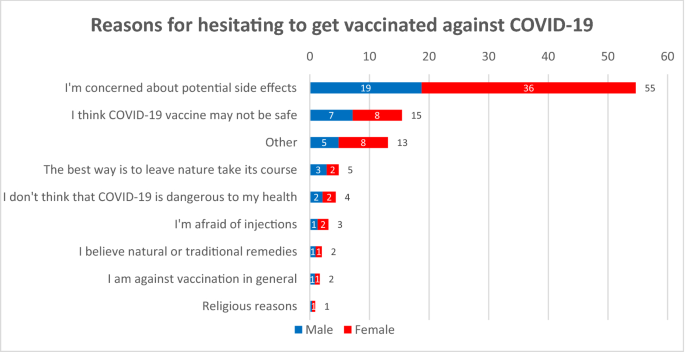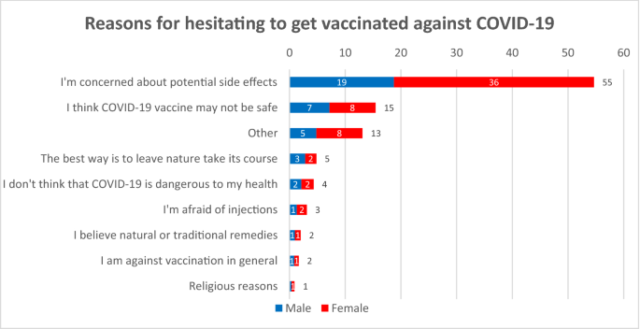
With the constant pressure on people all over the globe to continually observe all necessary covid-19 protocols as well as stay safe in other not to contact the Corona virus, there is also the initiative and prescription by medical experts for all as well to get vaccination in other to prevent any possible infections of the virus.
The recent revelations coming out of the European Union however, would make many to persons to start having a rethink of the authenticity of majority of the recently created vaccines and the possibility of such vaccines to actually be efficient in protecting anyone from getting infected.
According to the European Union, they claim that ” it is still not known whether people vaccinated against Covid-19 can still transmit the corona virus,”
The above statement was made by the head of the EU’s medicine regulator on MEPs on Tuesday 26th January 2021.
Moreso, there are palpable fears with regards to whether vaccines developed last year will be effective against new mutations of the corona virus strain now circulating the globe. especially as the vaccine in question was created without any pre-knowledge or possibility of a new phase of the Corona virus.
However, it is important to state that so far, preliminary indications have proven that the vaccines in use so far in the European Union — by BioNTech-Pfizer and Moderna — “will continue to be effective against at least the UK variant”, said Emer Cooke, executive director of the European Medicines Agency. In her opinion she claimed that;
“I think the South African variant is more complicated, and we need additional work to determine the efficacy,” she added.
Meanwhile , Johnson & Johnson, a US based pharmaceutical company is expecting to give feedbacks on the eagerly-anticipated clinical trial of its Covid-19 vaccine next week, the US pharmaceutical’s chief financial officer reported
Speaking further on the possible post-vaccine immunity, she indicated that clinical trial data did not look at transmission “but it is something that we’re asking the companies to look at”.
The comments, provided via video link to the European Parliament, came as member countries begin to restrict travel to curb the variants’ propagation while hoping that vaccines might provide a solution.
Cooke also addressed delivery delays to the EU of doses from BioNTech-Pfizer and from AstraZeneca, which is poised to get authorisation by the end of this week.
She was reluctant to shed light on the cause of the delay but did not fail to pin the problems with European Commission, which signed the purchase contracts with the firms.
Cooke stressed the EMA “can work to help solve any type of manufacturing issues that do delay the supply.”
This could include helping to open extra manufacturing sites.
She demurred on what authorisation the EMA might give the AstraZeneca vaccine when asked about German media reports — later denied by the German government — that the jab could be less effective in people over 75.
Meanwhile some reports have suggested that the EMA may only approve the AstraZeneca jab for the under 55s.
“I’m not going to prejudge any decision because this is a scientific and expert discussion that is ongoing. But it is possible to conclude an authorisation that would focus on a particular age group or it’s possible to conclude for a wider age group,” she said.
Gift Joseph Okpakorese
Staff Writer







